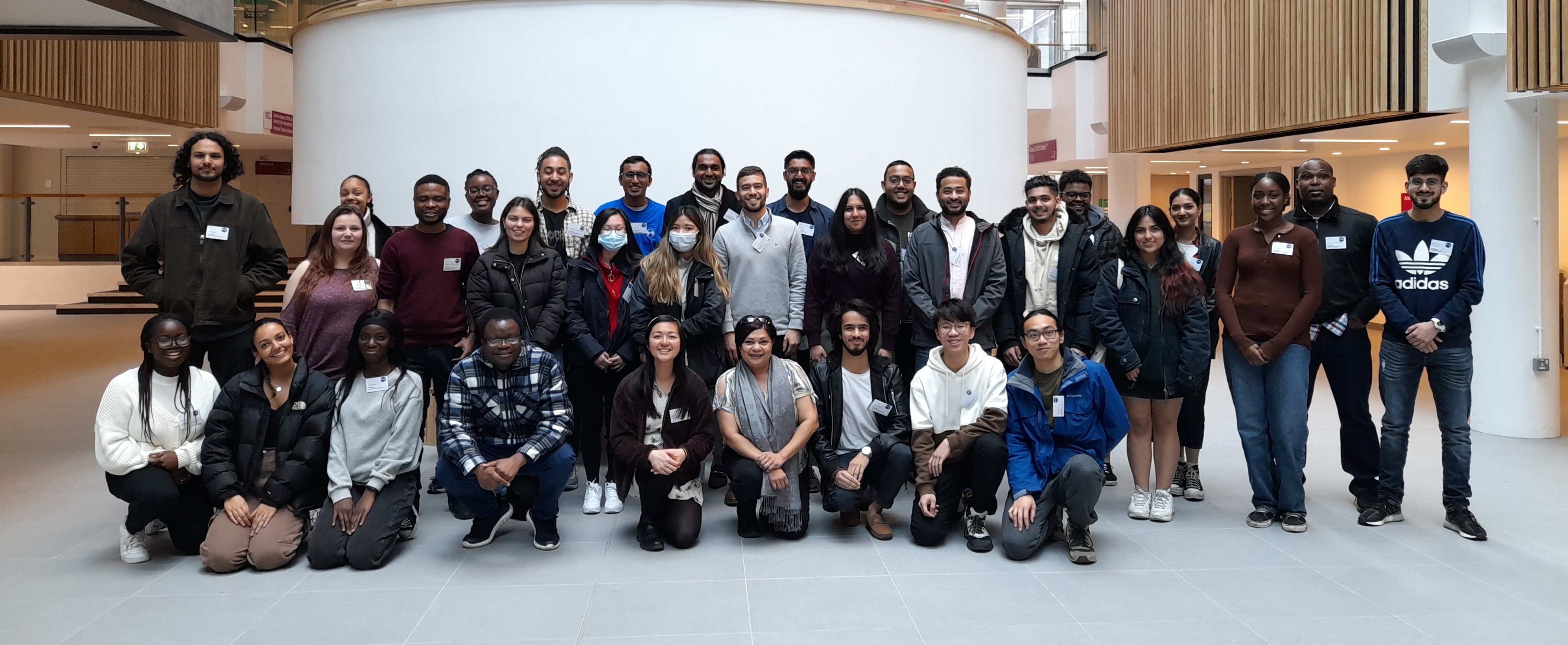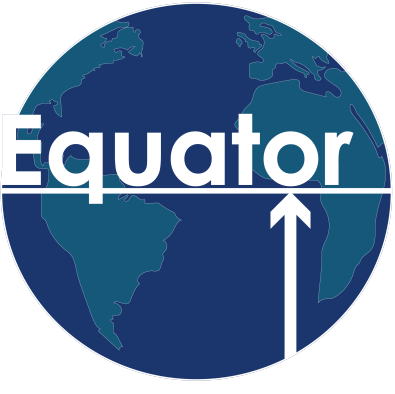Funding: 2021 NERC “Making environmental science equal, diverse and inclusive” funding call
Project Team: Dowey, Jackson, Giles, Williams, Fernando, Lawrence, Raji. This 6-month project ran from the 1st December 2021 to 31st May 2022.

The Equator project set out to increase participation and retention of UK-domiciled Black, Asian and minority ethnic postgraduate research (PGR) students in geography, Earth and environmental science topics. Our goal was to improve equity and diversity in a research area critical to a more sustainable future; not because of a business case, or for diversity as resource- but for social justice.
Equator was a six-month project, funded by the Natural Environment Research Council (NERC), that developed three evidence-based interventions targeting different barriers to ethnic minority participation and retention in postgraduate research.
- To remove barriers to access, a doctoral training working group was formed to share best practice and develop recommendations to make PhD recruitment more equitable.
- To improve access and participation, a ring-fenced research school for ethnic minority undergraduate, masters and doctoral students was delivered.
- To increase retention and improve student experience, a targeted mentoring network pairing students with mentors from both industry and academia was created.
Evaluation of interventions took the form of action research with a Theory of Change approach, with surveys used to capture thoughts and reflections in each of the three work packages. This occurred alongside collaborative, self-reflective inquiry within the project team and steering committee. The steering committee included grassroots organisations, higher education institutions, professional bodies and an equity, diversity and inclusion (EDI) consultant.
The Equator doctoral training working group developed recommendations to remove barriers to ethnic minority students applying for and being accepted onto PhD programs. The practical suggestions are designed to be implemented by academics and professional service staff working in doctoral training recruitment, and are broken down into student-facing, procedural and interview/evaluation categories. Themes covered include pre-application support, data collection and reporting, website materials, and standardisation of application and interview materials.
The Equator Research School and Mentoring Network led to development of a “how to” guide of recommendations for creating successful interventions for improving participation and retention in research. Participants in the Equator Research School and Mentoring Network provided very positive feedback both during and following the interventions. The majority of those involved felt a stronger sense of belonging and inclusion in GEES research and were more likely to consider a research career after taking part. The evaluation process showed unequivocally that the ring-fenced, discipline-specific, fully-funded nature of the interventions was a critical factor in participants applying to be involved.
Access the full report, how to guides, infographics, articles and resources here.
EQUATOR 1.0 FUNDER AND INVESTIGATORS

EQUATOR 1.0 STEERING COMMITTEE

